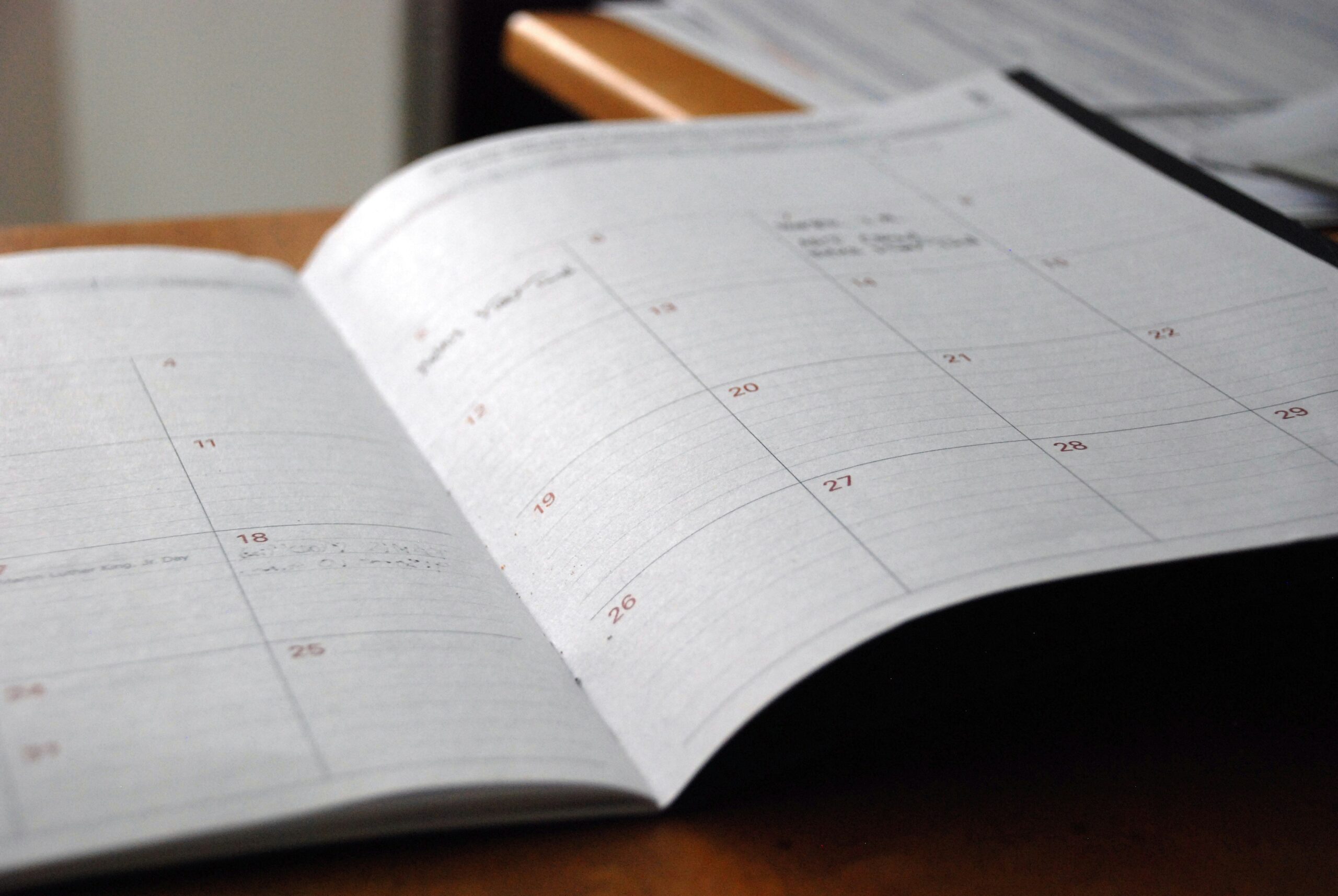Before my husband and I had our first child, we never fought about chores and who did what. Somehow, it was relatively effortless for us to flow through dishes and laundry alongside each other and our full-time jobs.
It was when I was about six months pregnant that I noticed a slight shift. In the evenings, I was back on my laptop looking up safety ratings for car seats and scheduling our infant CPR class. I had picked out the crib and all of the nursery items and had been doing all of the research on what to expect during labor and delivery. What I noticed is that my husband wasn’t sitting next to me on the couch preparing in the same way. He actually didn’t really seem to be preparing at all. He was living his life as he normally did.
At first, I didn’t feel upset, but I did question why I thought to do everything and he wasn’t taking any initiative. I brought it to his attention and he agreed that he should be more involved. He picked up a copy of The Expectant Father (which I actually liked more than any of the books I had), we made a list of all the things we still needed to do and he took on some of the responsibility. He researched car seats, handled purchasing the best one and properly installed it. He also put together all of the nursery furniture and added really cute star lights (my daughter still loves them). Even so, looking back I realized before our daughter was even here it was not half and half, but I didn’t notice or feel upset about it at the time.
Fast forward to a couple of months after our daughter is born. My husband is an amazing father, and we’ve had such a wonderful (and sleepless and challenging) time getting to know our sweet baby and learning how to be parents together. But, through the process, the feeling of what I’ve now learned is called the “default” parent grew more and more.
Why was I the only one looking up sleep training?
Why was I the only one paying attention to when she ate and when she would need to eat again?
Why was I the master “schedule” keeper?
Why was I the one noticing when she needed more diapers? That she had eczema and we needed to try a new cream?
And the questions continued.
And my resentment grew.
My husband was a present father and always willing to take turns waking up to change diapers and handle feedings (as much as possible, since I was breastfeeding). He never complained and always made sure I was okay. But it wasn’t enough.
I still somehow ended up with so much more on my plate than he did. It’s not that he would never do that to me “on purpose” I thought. He must just really not see everything I’m doing and all that needs to get done.
First I had to push past the “why doesn’t he see everything that needs to be done?” and just realize that some minds think differently than others. It didn’t help me, or us, to get stuck in that head space.
What did help was my suggestion to make a list together. I didn’t make a list and assign him things that I needed help with because I didn’t see it that way. It wasn’t “me” who needed help— it was our house and our child and everything else that goes into being an adult and a parent. So we each listed everything we were currently doing and all other things we could think of that needed to be done. Everything from “make sure the baby has enough onesies” to “pay the taxes” and “weed the yard” went on the list.
We went through and put our initials next to the things we each had to do. For example, we both had to work full time, I had (well I had decided) to breastfeed, and since I was the only one of the two of us who could breastfeed, that task fell on me.. But with everything else, we took turns talking about what we wanted to do. This was a great exercise to do together because we realized that a few tasks were put on each of us without really talking to each other about it. There were things I was doing that I didn’t want to do and he didn’t mind taking them on, and vice versa.
We finished up by making a plan with the rest of the tasks that neither of us were particularly excited about and even decided who was going to cook dinners and do the nightly routine each night of the week.
The process, in the beginning, took some time, but having a checklist in front of us allowed us to not fight or debate too much about taking things on. It made the process seem more objective by focusing on the “owners” for each task on the list versus subjective, constantly assuming “I’m doing more than you.”
We have a four and a two-year-old now—and we still use the checklist and have our weekly meeting together to figure out dinners and drop-offs. We don’t update the checklist as much since we’ve settled into a routine and gotten to know each other, and ourselves, as parents more. However, things change and often feel overwhelming, so it’s nice to have a process we can rely on to help us navigate those things together.
Sometimes when we do the checklist when I’m feeling particularly overwhelmed and stressed out, I realize that organizing our tasks didn’t help and I still feel anxious and irritable. In the same digital guide we use for our checklist exercise, In It Together, these feelings of feeling overstimulated, overwhelmed, or just off in some way that sticks with you or feels deeper are called ‘yellow flags.’
These yellow flags can happen frequently and it’s difficult to realize whether we’re just experiencing inevitable feelings as a parent that we have to breathe through, or if there are things we can adjust. In the guide, there is an exercise and log that takes you through your feelings and how you can reflect on them to determine if there is a task, sense-of-self, or partner-related root to them.
I personally feel sense-of-self related yellow flags quite often. One example of this is when I’m stuck at home for several days with endless chores and responsibilities, and I haven’t been able to feel things that make me feel like me. For instance, it’s important to me to feel accomplished and fun.
When the mundane tasks of laundry, dishes, and cleaning up rice off the floor have gone on for days on end, I find myself feeling disconnected from myself and really anxious. That’s a yellow flag for me that I need to create an experience for myself that lets me feel those things. I’ll take an hour to work on a project to feel accomplished, or I’ll go browse the bookstore with a chai latte to feel like I’m doing something fun.
In the guide, the exercise goes beyond finding the root cause of the feelings and helps you navigate possible action steps as well. It’s a very detailed exercise that has helped me tremendously. Sometimes, just like the checklist, I don’t even need the log or to go through the exercise.
I’m more aware of possible causes of my feelings and can identify much more quickly what I need to feel better. It has really changed my life and helped me feel more joy.
Both of these resources have completely changed my relationship with my partner. As an individual, I feel much more grounded and together we feel connected and our communication has improved a lot since we use the same tools to help ourselves and each other.
We try to play on each other’s strengths and differences in personalities. And we always try to remember that we’re in this together. We’re on the same team. We may not always see what the other is doing and we’re both often overwhelmed by our responsibilities, but we know that we’re both trying our best to be the best parents, partners, and individuals we can be.
Author
-

Jessica Trouillaud is COO and co-founder of Grow Together, the company supporting the struggles relationships face during parenthood through online courses, private coaching, and interactive resources. She is also co-author of In It Together: A Practical Guide for Balancing Roles and Responsibilities in Parenthood, a comprehensive guide for couples struggling to balance the demands of parenting with maintaining a healthy and connected relationship—AKA your one-stop shop for effectively dividing roles and responsibilities in parenthood to avoid burnout and resentment.




